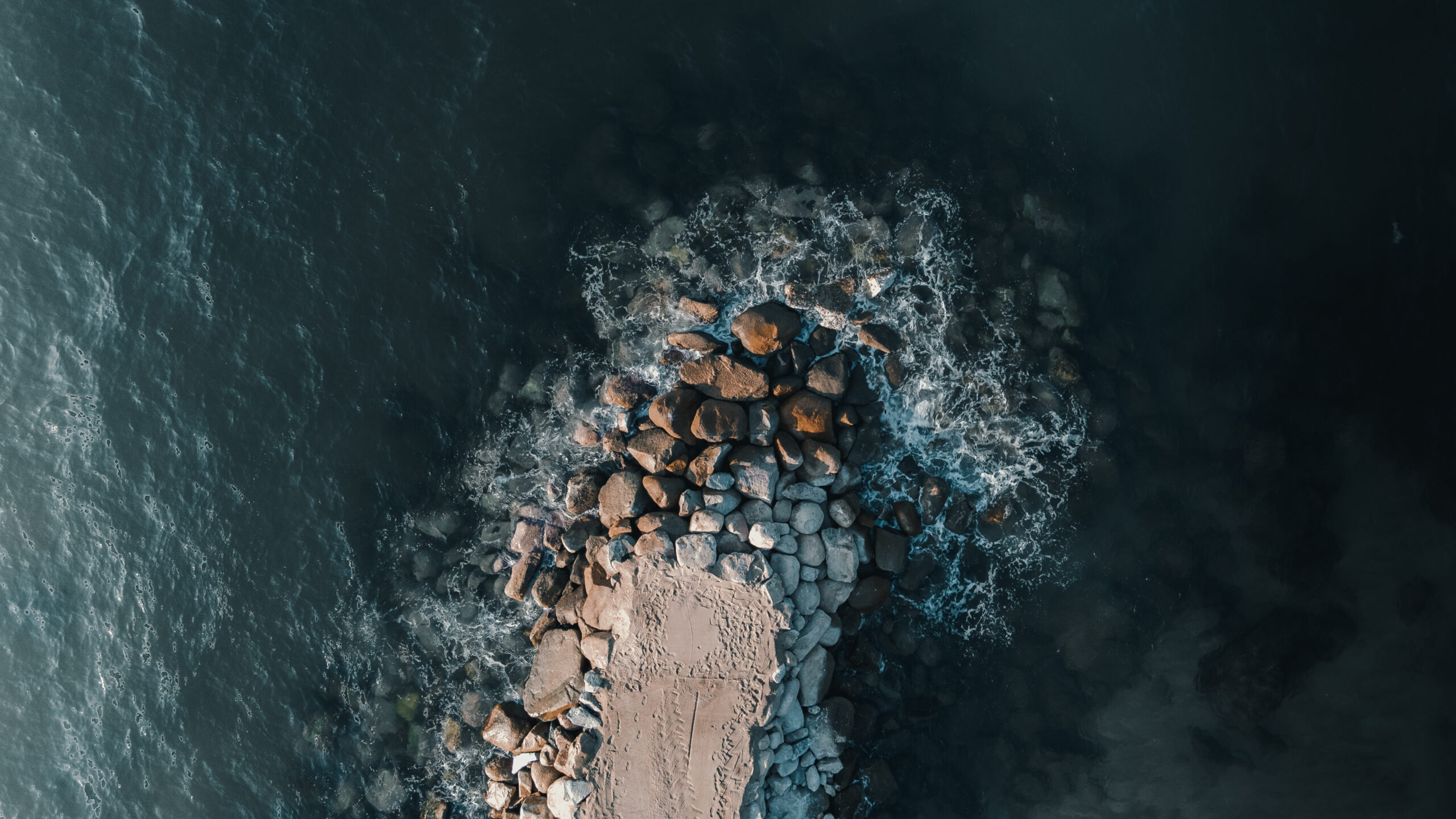What are the long-term effects of kidney stones?
Title: The Long-Term Effects of Kidney Stones: Understanding the Impact on Your Health
Introduction:Kidney stones are more than just a temporary inconvenience. These small, hard mineral deposits that form in your kidneys can have lasting effects on your health if left untreated or managed poorly. In this blog post, we will explore the long-term consequences of kidney stones and discuss the importance of prevention and proper treatment to safeguard your well-being.
1. Chronic Kidney Disease (CKD):A major concern for individuals with a history of kidney stones is the increased risk of developing chronic kidney disease (CKD) in the long run. CKD is a condition characterized by a gradual loss of kidney function over time. The presence of kidney stones can contribute to the overall burden on your kidneys, potentially leading to reduced kidney function and an increased risk of developing CKD.
2. Recurrent Stone Formation:Once you have had kidney stones, it’s not uncommon for them to recur. The risk of recurrence depends on various factors such as the type of stones, underlying medical conditions, and lifestyle habits. Frequent bouts of kidney stones can lead to chronic inflammation of the kidneys, increasing the likelihood of complications and long-term damage.
3. Decreased Kidney Function:Kidney stones can obstruct the flow of urine, causing urine to accumulate and exert pressure on the kidneys. If left untreated, this can result in decreased kidney function, as the kidneys struggle to filter waste products and maintain fluid balance. Prolonged obstruction can cause irreversible damage to the kidneys, leading to reduced kidney function and potentially necessitating dialysis or a kidney transplant in severe cases.
4. Urinary Tract Infections (UTIs):Kidney stones can create a favorable environment for the growth of bacteria, increasing the risk of urinary tract infections (UTIs). Repeated UTIs can further damage the kidneys and contribute to long-term complications. If you experience recurrent UTIs alongside kidney stones, it is crucial to seek medical attention to prevent the progression of infection and minimize the impact on your kidneys.
5. Adverse Effect on Bone Health:Research suggests a link between kidney stones and bone-related disorders such as osteoporosis. Calcium stones, the most common type of kidney stones, are associated with higher levels of bone resorption, leading to decreased bone density over time. This can increase the risk of fractures and musculoskeletal issues, further impacting your overall health and quality of life.
Prevention and Management:While kidney stones can have long-term effects on your health, there are steps you can take to reduce the risks and manage the condition effectively:
1. Stay Hydrated: Drinking an adequate amount of water helps dilute urine and flush out toxins, reducing the likelihood of stone formation.
2. Dietary Modifications: Limiting the consumption of foods high in oxalate (e.g., spinach, rhubarb, chocolate) and sodium can help prevent stone formation. Additionally, maintaining a balanced diet rich in fruits, vegetables, and calcium can promote kidney health.
3. Medication and Treatment: Depending on the type and size of the stones, your healthcare provider may prescribe medication to facilitate their passage or recommend surgical interventions to remove the stones.
4. Regular Monitoring: Regular check-ups and imaging tests can help detect any recurrent or new stone formations. Early intervention and treatment significantly decrease the risk of long-term complications.
Conclusion:Understanding the long-term effects of kidney stones is crucial for maintaining good kidney health. By adopting preventive measures, making dietary modifications, and seeking appropriate medical care, you can minimize the risks associated with kidney stones and safeguard your long-term well-being. Remember, early detection, treatment, and proper management are key to preventing severe complications and preserving the health of your kidneys.



